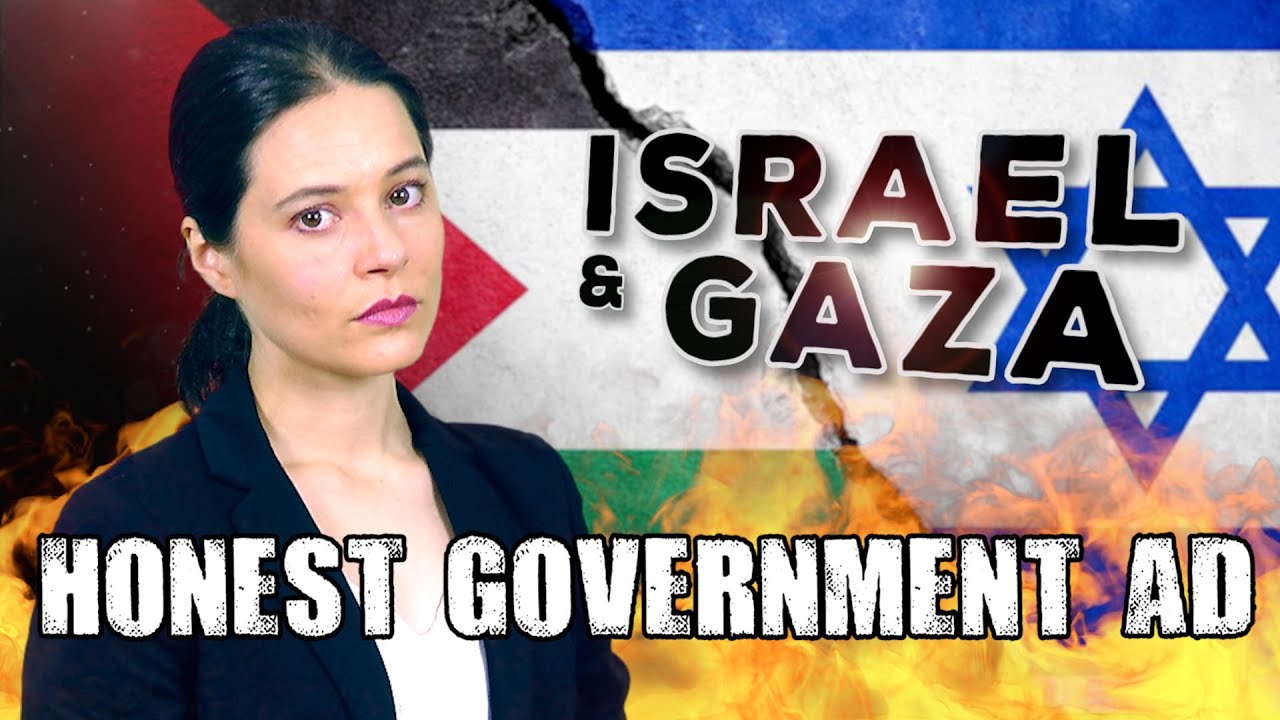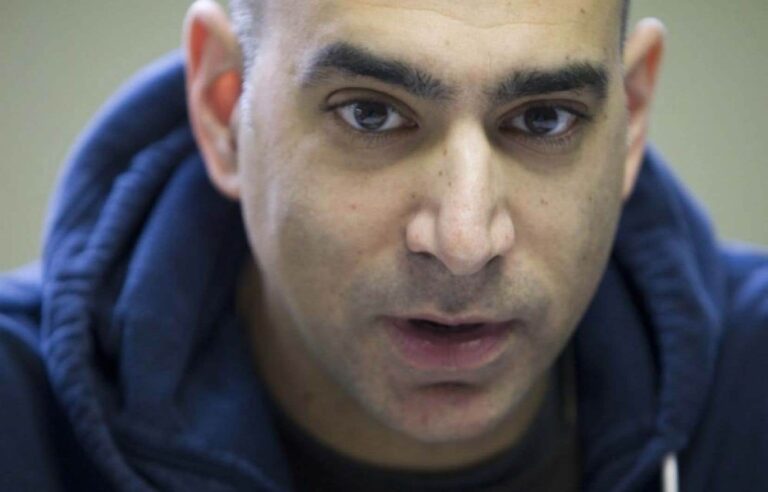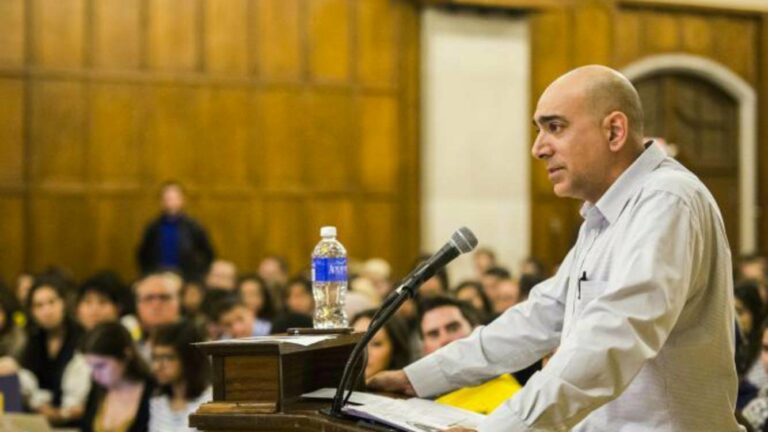The Government™ has made an ad about Israel & Gaza, and it’s surprisingly honest and informative.
[simpay id=”15123″]
Never miss another story
Subscribe to theAnalysis.news – Newsletter

The Government™ has made an ad about Israel & Gaza, and it’s surprisingly honest and informative.
[simpay id=”15123″]
Subscribe to theAnalysis.news – Newsletter

The assassination of Hamas’ top political leader, Ismail Haniyeh, on Iranian soil was an embarrassment to the Iranian regime and its new president, Masoud Pezeshkian. Trita Parsi, Executive Vice President of the Quincy Institute for Responsible Statecraft, lays out how Israeli Prime Minister Benjamin Netanyahu is seeking to corner Kamala Harris – should she win the presidency – into steering U.S. policy in the direction of an all-out war in the Middle East. Yet neither is her bearhug of Netanyahu, nor a war, inevitable.

Mr. Abunimah, founder of Electronic Intifada, says after the Israeli 2006 invasion of Lebanon and the 2008 attack on Gaza, he knew what he had to do. This is an episode of Reality Asserts Itself, produced May 13, 2014.

This is an episode of Reality Asserts Itself, produced on October 27, 2013. On Reality Asserts Itself with Paul Jay, author Max Blumenthal discusses his new book and traces the rise of Avigdor Lieberman and current policies of ethnic cleansing in Israel.

On Reality Asserts Itself, Mr. Abunimah says that justice in Palestine does not require Israeli Jews giving up any legitimate rights, but they must give up the “right” to supremacy. This is an episode of Reality Asserts Itself, produced May 19, 2014.

Code Pink’s co-founder Medea Benjamin, one of the most relentless activists in the anti-war movement, looks at U.S. foreign policy and assesses the candidates for President of the United States. With Paul Jay on theAnalysis.news podcast.

In part 2, Member of Israeli Knesset Dr. Ofer Cassif discusses the regional class interests that actively oppose Palestinian statehood and equality for Israelis and Palestinians. He describes the U.S.-backed bilateral Abraham Accords between Israel and the UAE, and Israel and Bahrain, as agreements to further entrench class inequalities and capitalist military-industrial interests in the Middle East and foreclose the possibility of Palestinian self-determination.